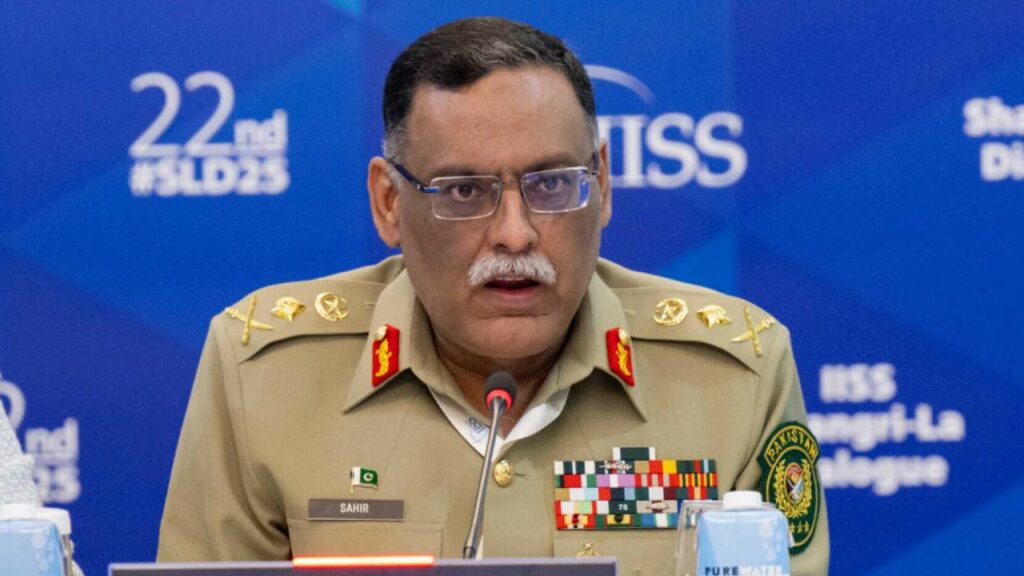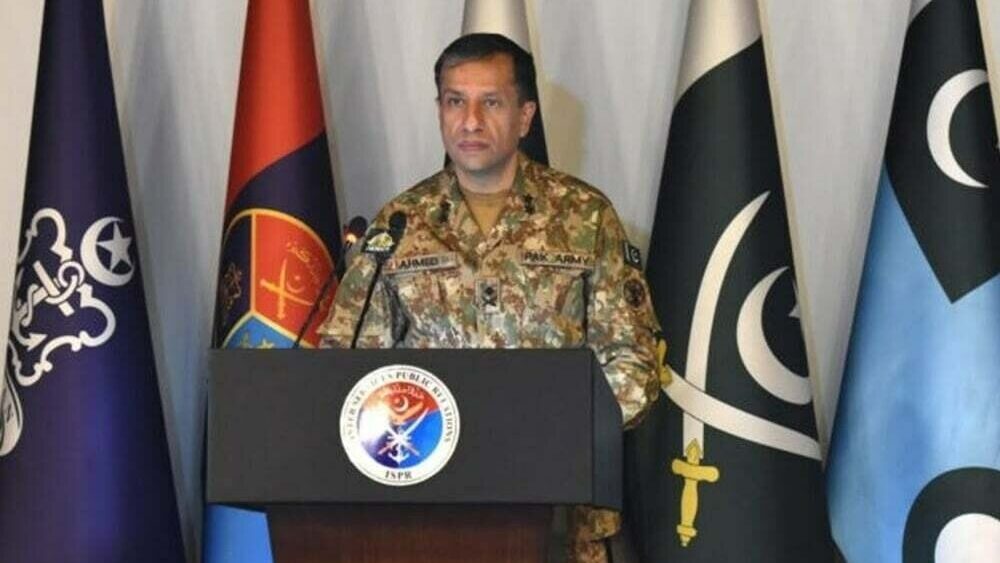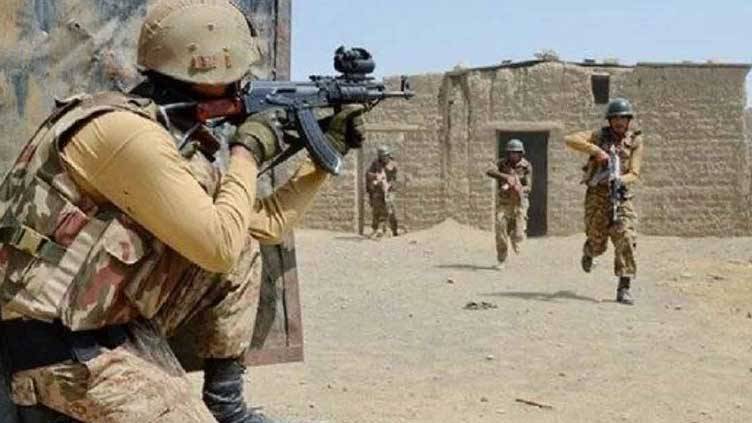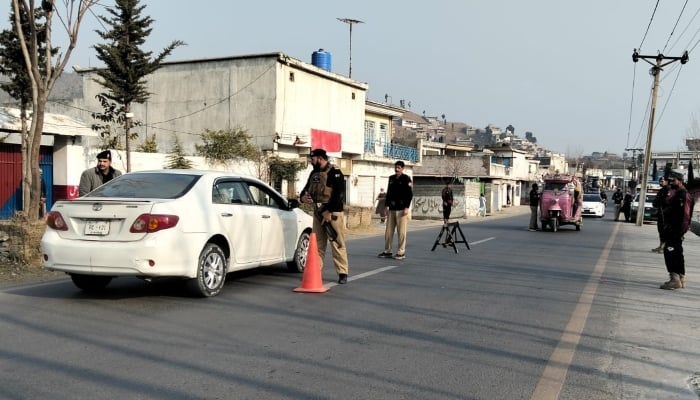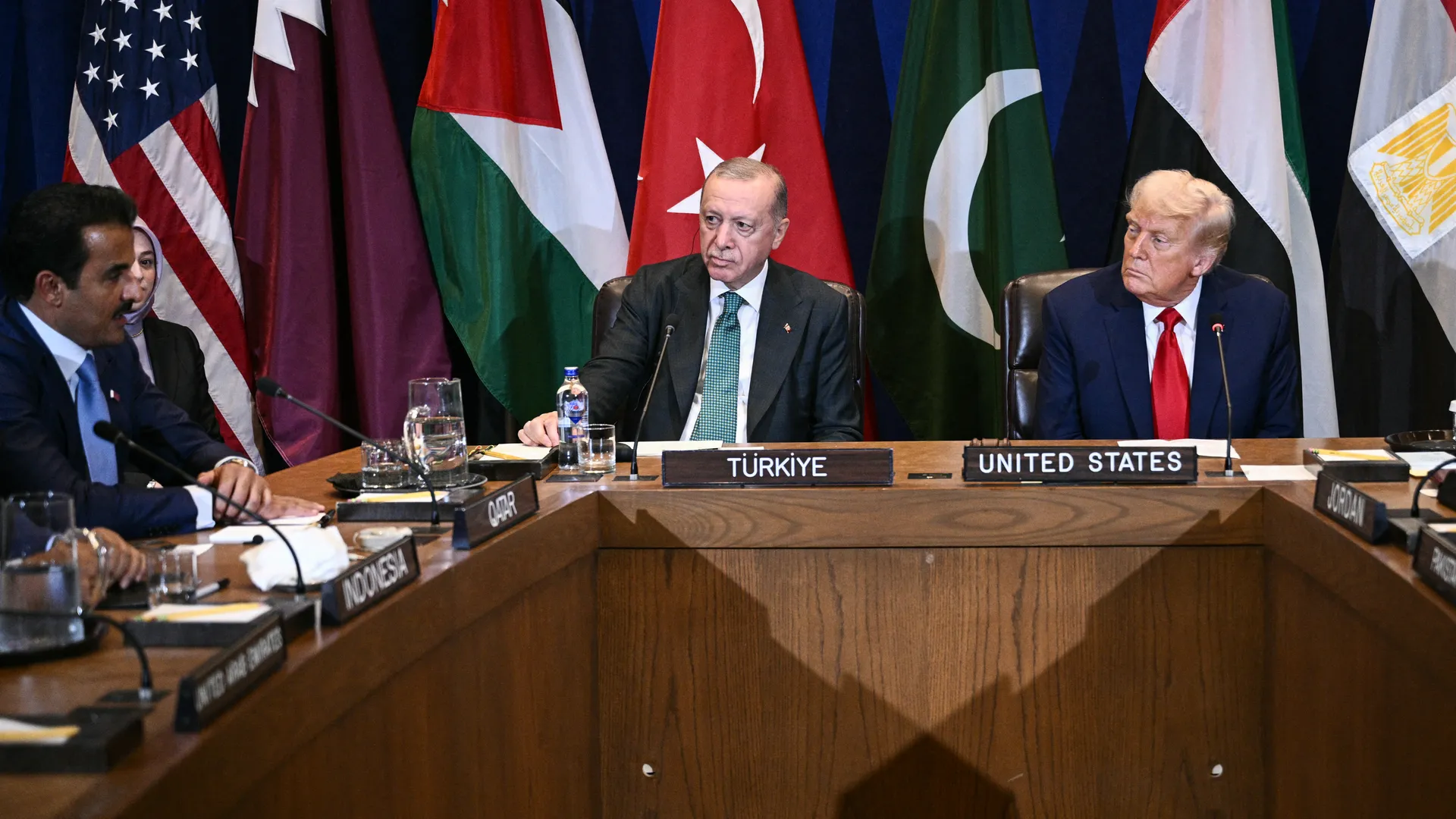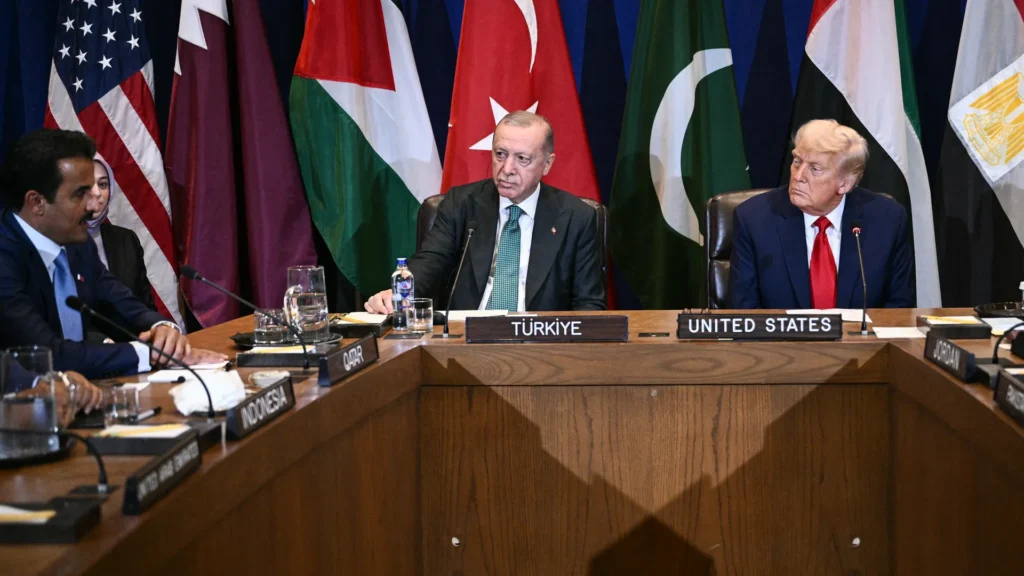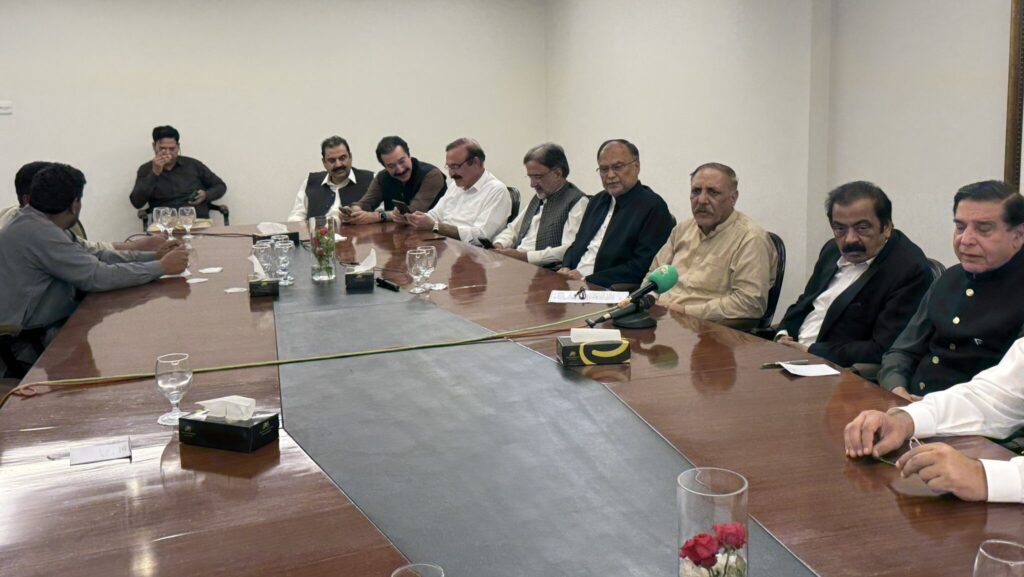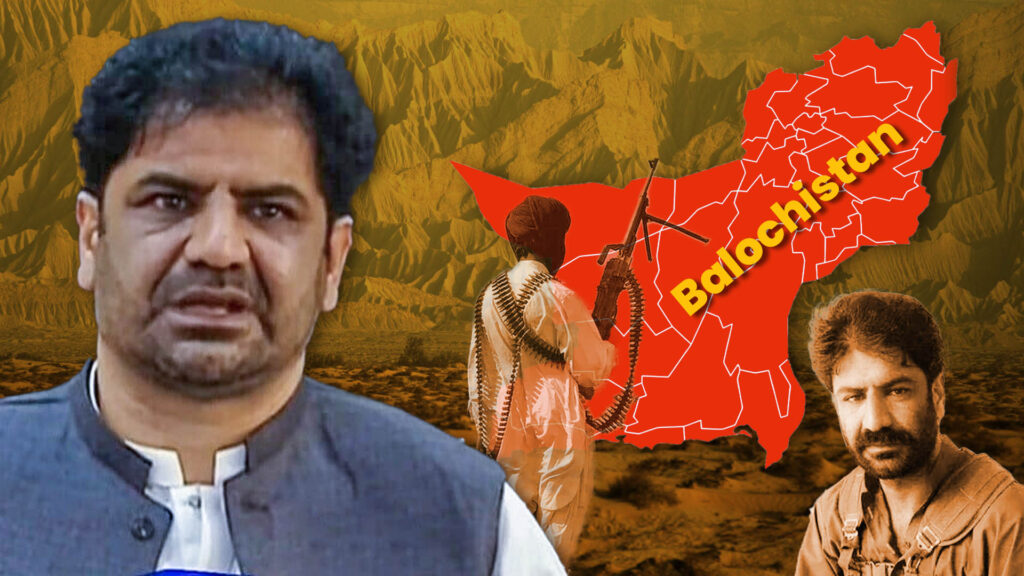Chairman of the Joint Chiefs of Staff Committee, General Sahir Shamshad Mirza, has asserted that Pakistan handled the recent tensions with India entirely independently, receiving no external assistance during the 96-hour conflict.
In an interview with BBC security correspondent Frank Gardner at the Shangri-La Dialogue in Singapore, General Mirza responded to questions about reported Chinese satellite support.
“The equipment we used is comparable to what India possesses,” General Mirza stated. “We have procured some equipment from other countries, but we received no real-time assistance. We relied solely on Pakistan’s internal capabilities.”
General Mirza highlighted a significant shift in the nature of the conflicts. Previously, skirmishes remained confined to disputed territories, never reaching international borders. This time, however, the tension was concentrated in urban areas near the border, with relative calm along the border itself.
This change, he warned, has grave implications. “The time and justification needed to escalate any conflict into a full-blown war has drastically reduced,” he explained. “Future conflicts will not be limited to specific areas but will affect all of India and all of Pakistan, impacting the trade, investment, and development needs of 1.5 billion people.”
General Mirza expressed concern over the lack of effective mechanisms for conflict resolution or de-escalation between Pakistan and India, beyond the DGMO hotline. This hotline, connecting the Directors-General of Military Operations of both countries, facilitates daily communication and ensures immediate contact in emergencies.
“This is the only mechanism,” he emphasized. “With only one system, inadequate for such a large crisis, and facing a nation with an extremist leadership willing to take irresponsible actions up to the international border, the time for international intervention – as seen with the US and other countries this time – is drastically reduced.” He implied that the lack of robust conflict resolution mechanisms, coupled with the potential for rapid escalation, creates a highly volatile situation.

